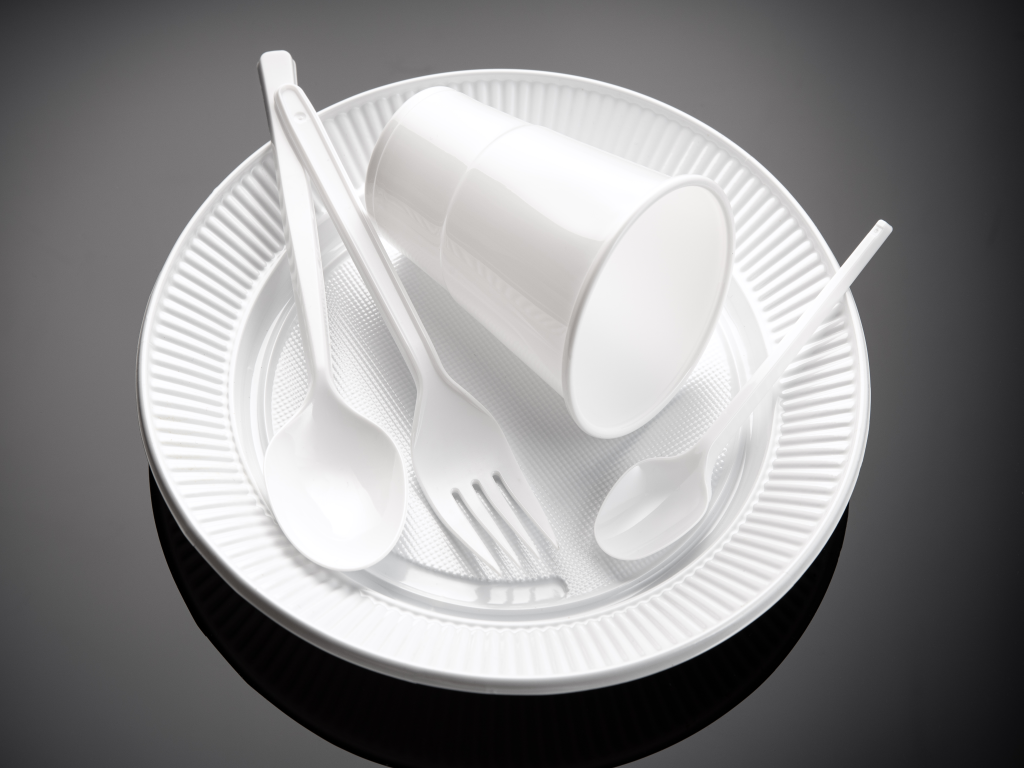One of the items falling under article 5 of the SUP Directive – the market restriction (ban) – is the disposable plastic plate.
Unlike the Expanded Polystyrene Food Containers, where only the EPS containers are banned and the other plastic containers are exempt from this specific restriction, it does not matter what the plates are made of (Polystyrene, Polypropylene, PET or even Bio plastics like PLA), they are all restricted from placing on the EU market.
The last version of the eagerly anticipated “SUP guidelines” clarify this even further, making it clear that not only plates completely made from plastic will be banned, but paper or cardboard plates with a thin liner or coating of plastic will be banned as well. The Directive clarifies this as follows:
Paper- and board-based single use products made up of only paper- and board-based material would, in light of the considerations above, as such not be considered as single-use plastic products in the meaning of the Directive. However, where a plastic coating or lining is applied to the surface of paper-/board material to provide resistance against water or fat, the criterion of being able to function as a main structural component is met. Such plastic coating or lining provides the necessary water or fat resistance to paper-based products for the consumption of beverages (cups) or moist and fat from food (food containers, plates). Plastic coating or lining of otherwise paper- or board-based products for the purpose of the Directive results in multi-layered products. Hence, single use paper- or board-based products with plastic coating or lining fall within the scope of the Directive.
In contrast, the cardboard cups we all know as coffee cups are not banned under the latest guidelines, even though they are made from the exact same paper board. This is because there are no readily available alternatives on the market:
In contrast, paper cups with a plastic layer have not been identified as an alternative option, as not being plastic free. In the absence of non-plastic alternatives for the same applications being available on a sufficient scale, single-use plastic cups were not made subject to a marketing restriction.
Natural FIBER molded products, for example the BFG provided fiber plates, do not include ANY plastic liners or coatings and are therefore the referenced “readily available alternative”. These products gain their water- and oil resistance not from a plastic layer, but from food safe additive polymers mixed in with the fibers before the products are molded into the final shape. This is clarified as acceptable in the following notice:
In the production of many materials polymers are used to achieve specific material properties as well as higher process efficiencies. Those polymeric materials are usually synthetic chemical additives. Such polymeric materials used e.g. as retention agents or binders and processing aids in the production of materials which are by themselves not ‘plastic’ are as such not considered to meet the criterion of being able to function as a main structural component of a final product.

